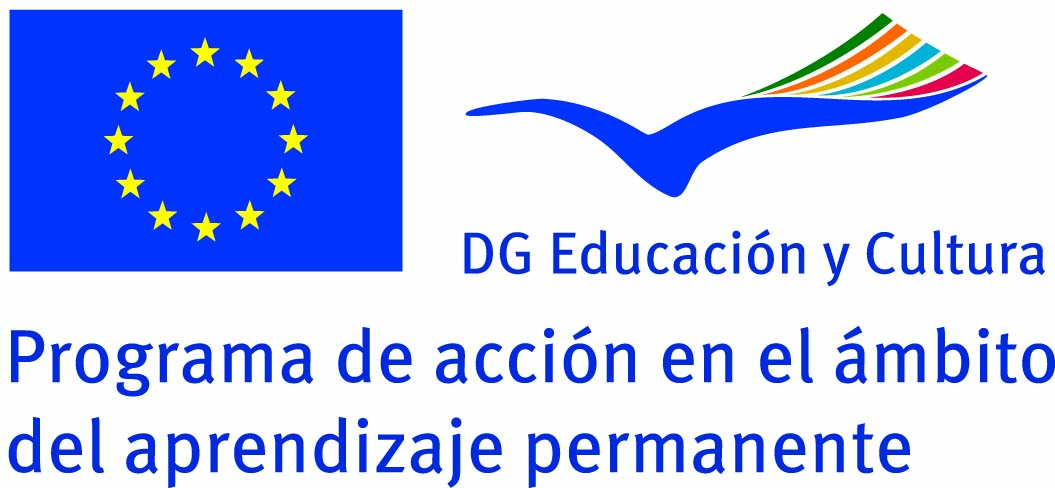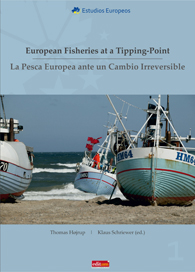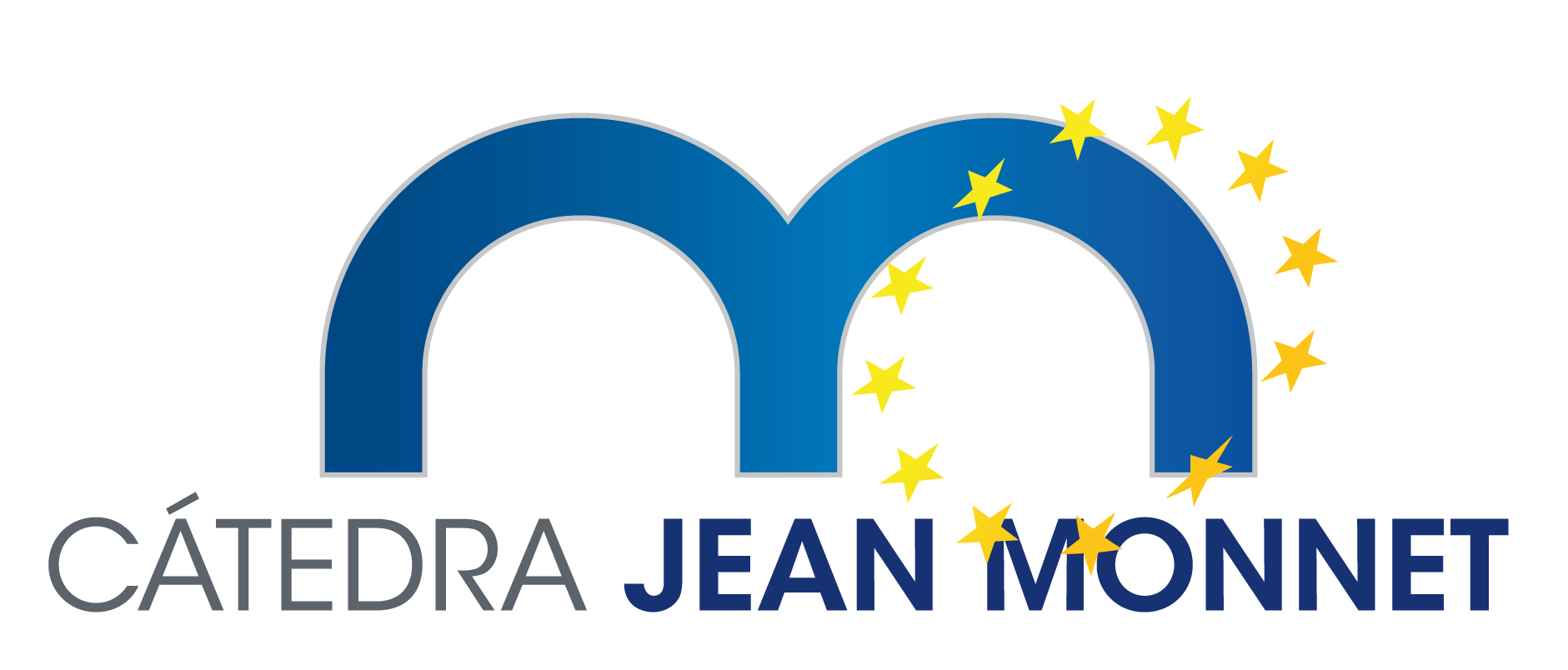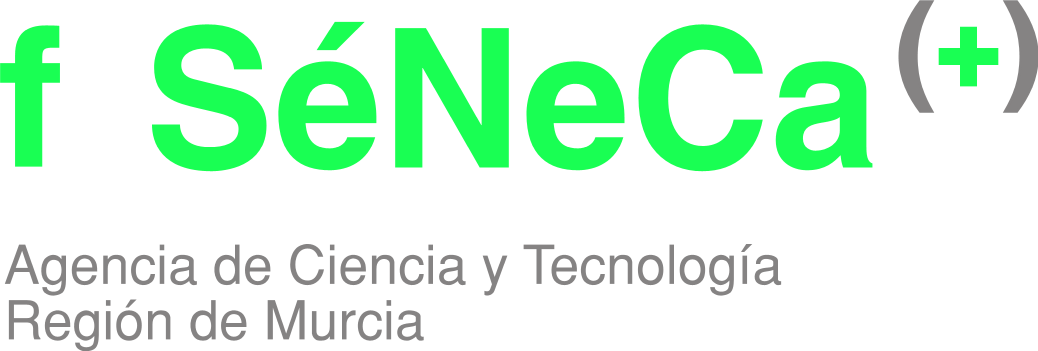

Being theoretical and empirical at the same, the twofold character of anthropological work requires a permanent debate both on the analysis of case studies and on the conceptual tools used for research. Therefore, the book presented here aims to contribute to the anthropological debate useful theoretical tools to approach today's urgent issues on the conceptual level, as well as empirical examples which – loaded with theory – illustrate the work of contemporary social anthropology. The current volume focuses on the works of some of the most renowned European social anthropologists, precisely concerned about the most pressing challenges of our societies.
European Fisheries at a Tipping-Point draws on the fact that the European fishing sector is at a point of no return. It deals with the problem that the privatization of fishing rights and the introduction og Individual Transferable Quotas could create a drastic change in the fishing sector. These new policies would provoce an irreversible track that would see the death of most of the existing fishing harbours and villages as viable coastal communities and concentrate fishing rights in the hands of a few large mass-producing vessels and plants.

There is a great demand in secondary education institutions for materials on European issues. The lecture courses that the Jean Monnet Chair offers aim at covering that demand, alongside the devising and spreading of teaching materials which deal with different socio-cultural aspects of Europe, the EU and the process of integration.
The texts suit last-year compulsory secondary education students and first-year non-compulsory secondary education students within the Spanish education system.
pdf in Spanish >> open access >>>





RESEARCH